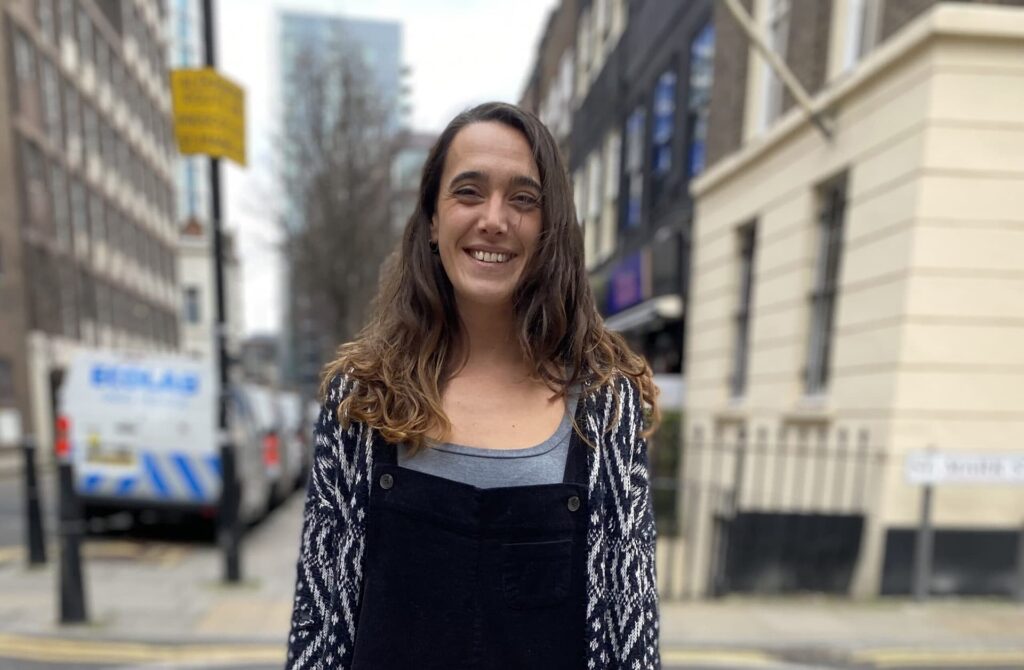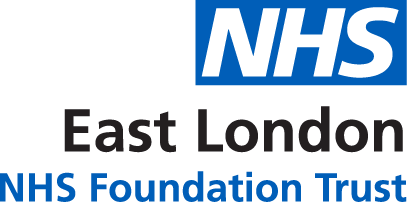Tree of Life Project

The Trust, along with partners across the City of London and Hackney, have been delivering a mental health project for African and Caribbean communities. Hear from the Programme Manager, Mariona Garcia Edo, about the award-winning work. Could you explain what Tree of Life is, and how it started?
Tree of Life is a narrative-based psychological intervention developed in Zimbabwe by Ncazelo Ncube-Mlilo, a psychologist and narrative therapist. Its initial aim was to provide psychological interventions in Zimbabwe for those suffering from displacement in refugee camps.
In Hackney, we used Ncazelo’s Tree of Life and developed it for African, Caribbean and mixed heritage people in secondary schools across the borough. Initially, we – along with Ncazelo – trained young people aged 18-25 via a three-year grant received from the Department of Health and Social Care and the City and Hackney Clinical Commissioning Group.
The grant was for a programme called Growing Minds, based on the idea of developing community and voluntary sector-led psychological therapies. Its aim was to increase access to early interventions by looking into health inequalities and the impact this could have on mental health.
One of the strands of Growing Minds was the Tree of Life project. To get it up and running, Hackney CVS proposed an idea to train young people to become ‘peer leaders’, so they could organise sessions themselves and be seen as relatable to students. As a result, we trained people from Hackney CVS, and approached schools we had previously worked with via the Wellbeing and Mental Health in Schools (WAMHS) project.
Schools we have worked with have had the ability to choose groups of students to put together for group sessions, whether from the same or mixed year groups. The programme runs for up to five sessions:
- Session #1: Roots – Looking at ancestry to promote pride in identity and backgrounds.
- Session #2: Ground – Exploring where students are now and events taking place in their lives
- Session #3: Trunk – Understanding what students enjoy doing.
- Session #4: Branches and fruit – Thinking about their aspirations and dreams.
- Session #5: Storms of Life – Discussing what can make a tree shake, bringing in the mental health element.
- This session explores coping strategies and emphasises that a tree is strongest in a forest; promoting the idea that belonging to a community makes us stronger.
How beneficial has it been for the City & Hackney’s communities?
There are two main benefits. Firstly, the programme has benefitted students who attend the groups. The feedback we have received has been very positive, and participants say they have learned a lot about themselves. In many cases, it’s the first time they have been able to think about themselves in this way, and often young people struggle to picture their strengths. Tree of Life has therefore been a positive way to change this narrative, and explore their cultural identities.
The second benefit is for the peer leaders themselves, who are also young people from Hackney. In many cases, they didn’t have great experiences in school, having experienced racism and inequality themselves. Being a peer leader has meant that they’ve had the opportunity to develop their careers and gain experience of working with young people in schools. The programme has provided them with a stepping stone to access stable, paid work, and many have gone on to work in schools or the local authority.
What have been your proudest achievements while working on the project?
One of my proudest achievements is knowing that the programme is known within the community, and that people and schools are aware of it. They continue to request sessions from us, showing that it can stand on its own two feet.
It was also fantastic to receive recognition with wins at the HSJ Awards and the Children and Young People (CYP) Now Awards, and we have also been nominated for the HSJ Partnership Awards in March too.
Finally, we’re also extremely proud that Ncazelo has adopted the Hackney model, and is now running a similar one for schools in Zimbabwe. She speaks really highly of our model, and believes it has helped to make psychology accessible and relevant.
What are the roles and responsibilities of all partner organisations on the project?
Hackney CVS’ responsibility is to bring peer leaders to the sessions. It operates a youth leadership model, having already been working with young people in the borough before the programme started.
There is also a coordinator who ensures that the peer leaders are accessing training ahead of delivering sessions, and that adequate safeguarding provisions are in place. They work with approximately 15 schools, ensuring that sessions work for their requirements and develop strong relationships.
Mental Health Support Teams (MHSTs) from ELFT provide mental health practitioners to attend all sessions as well, who can identify signs of emerging mental health needs in young people attending the programme. This allows them to respond to these, both during or after the sessions have taken place.
The Child and Adolescent Mental Health Services (CAMHS) Alliance oversees the project in its entirety and helps to secure funding to enable sessions to take place.
Do you have any hopes and aims for the future of Tree of Life?
One of our largest ambitions is to get the project published in scientific research journals. We would like to partner with a research body who could look at the programme at scale and review the model we have. As we deliver to approximately 200 students every year, we feel there’s a real opportunity here. If we are able to get the programme published, it would mean that others could replicate our model and allow it to fit into the needs of their local populations.
We also have ambitions to hopefully expand our work into primary schools and work with other cohorts of young people, for instance those in the criminal justice system.
Are there any other points you would like to raise?
I would like to add that we wouldn’t be able to have our model without the community and voluntary sector. Participants tell us that they find it really important to have those delivering the session be from the same area and cultural backgrounds as themselves, which wouldn’t be possible without the partnerships we have.
